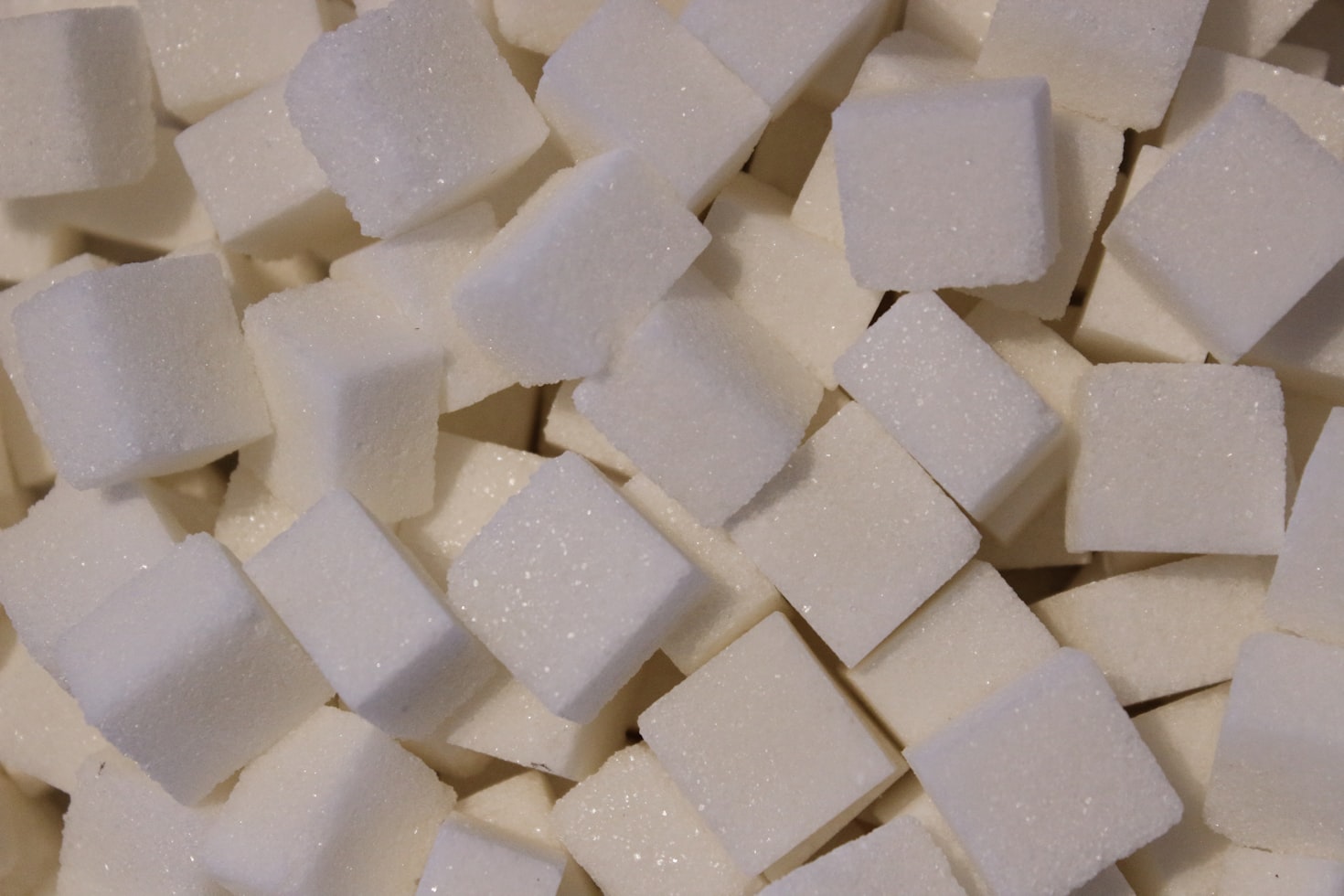How Much Sugar Can You Have on a Keto Diet?
The ketogenic diet, or keto diet, has gained significant popularity in recent years due to its potential for weight loss and improved health markers. This low-carb, high-fat diet aims to put your body into a state of ketosis, where it burns fat for fuel instead of carbohydrates. While the focus of the keto diet is on reducing carbohydrate intake, many people wonder how much sugar they can have while following this eating plan. In this article, we will explore the role of sugar in a keto diet and provide valuable insights on how to navigate sugar consumption while maintaining ketosis.
The Basics of the Keto Diet
Before diving into the specifics of sugar consumption on a keto diet, it’s essential to understand the basic principles of this eating plan. The keto diet typically involves consuming 70-75% of calories from fat, 20-25% from protein, and only 5-10% from carbohydrates. By severely limiting carbohydrate intake, the body is forced to enter a metabolic state called ketosis, where it starts using stored fat as its primary source of energy.
The Impact of Sugar on Ketosis
Sugar, in its various forms, is a type of carbohydrate that can quickly spike blood sugar levels. When you consume sugar, your body breaks it down into glucose, which is then released into the bloodstream. This triggers the release of insulin, a hormone that helps transport glucose into cells for energy or storage. However, on a keto diet, the goal is to keep insulin levels low to promote fat burning and ketone production.
Consuming too much sugar can disrupt ketosis by causing a significant increase in blood sugar and insulin levels. This can lead to a halt in fat burning and a shift back to using carbohydrates as the primary fuel source. Therefore, it is crucial to limit sugar intake while following a keto diet to maintain the desired metabolic state.
Understanding Different Types of Sugar
Not all sugars are created equal, and some can have a more significant impact on blood sugar levels than others. Here are some common types of sugar and their effects:
- Table sugar: Also known as sucrose, table sugar is a combination of glucose and fructose. It is quickly broken down by the body and can cause a rapid increase in blood sugar levels.
- High-fructose corn syrup (HFCS): This sweetener is commonly found in processed foods and beverages. It has a high fructose content, which can be particularly problematic for those on a keto diet as fructose is metabolized differently than glucose.
- Natural sugars: Sugars found in fruits, vegetables, and dairy products are considered natural sugars. While they still contribute to carbohydrate intake, they often come with additional nutrients and fiber, which can slow down their absorption and minimize blood sugar spikes.
- Sugar alcohols: These are sweeteners commonly used in sugar-free products. While they have fewer calories and a minimal impact on blood sugar, they can cause digestive issues in some individuals.
Recommended Sugar Intake on a Keto Diet
While there is no specific daily sugar limit for a keto diet, it is generally recommended to keep total carbohydrate intake below 50 grams per day to maintain ketosis. This includes both sugar and other forms of carbohydrates. However, it is important to note that everyone’s tolerance to carbohydrates and sugar can vary.
When it comes to sugar, it is best to opt for natural sources such as fruits and vegetables, which provide additional nutrients and fiber. These can be incorporated into a keto diet in moderation, keeping in mind their carbohydrate content. For example, a small serving of berries or a handful of nuts can satisfy a sweet craving without derailing ketosis.
Strategies to Reduce Sugar Intake on a Keto Diet
Reducing sugar intake on a keto diet can be challenging, especially considering the prevalence of hidden sugars in processed foods. Here are some strategies to help you minimize sugar consumption:
- Read food labels: Pay close attention to ingredient lists and look for hidden sources of sugar, such as dextrose, maltose, or syrup.
- Choose whole foods: Opt for whole, unprocessed foods that are naturally low in sugar, such as meat, fish, eggs, vegetables, and healthy fats.
- Prepare meals at home: Cooking your meals allows you to have full control over the ingredients and avoid added sugars commonly found in restaurant dishes.
- Use sugar substitutes: Stevia, erythritol, and monk fruit extract are keto-friendly sweeteners that can be used in moderation to satisfy your sweet tooth.
- Focus on savory flavors: Experiment with herbs, spices, and healthy fats to enhance the taste of your meals without relying on sugar.
- Stay hydrated: Drinking plenty of water can help reduce cravings and keep you feeling satisfied.
Frequently Asked Questions
1. Can I consume artificial sweeteners on a keto diet?
Yes, artificial sweeteners can be consumed on a keto diet. However, it is important to choose sweeteners that do not raise blood sugar levels, such as stevia, erythritol, or monk fruit extract.
2. Can I have fruit on a keto diet?
Yes, you can have fruit on a keto diet, but it is important to choose low-sugar options and consume them in moderation. Berries, such as strawberries, raspberries, and blackberries, are excellent choices due to their lower carbohydrate content.
3. Are there any health risks associated with consuming too much sugar on a keto diet?
Consuming excessive amounts of sugar on a keto diet can lead to a halt in fat burning and a shift back to using carbohydrates as the primary fuel source. Additionally, it can increase the risk of developing health issues such as insulin resistance, inflammation, and weight gain.
4. Can I have sugar in my coffee or tea on a keto diet?
While sugar is generally not recommended on a keto diet, there are alternatives available. You can use sugar substitutes like stevia or erythritol to sweeten your beverages without affecting ketosis.
5. How can I satisfy my sweet cravings on a keto diet?
There are several ways to satisfy sweet cravings on a keto diet. You can opt for keto-friendly desserts made with sugar substitutes, enjoy a small serving of berries, or indulge in dark chocolate with a high cocoa content.




